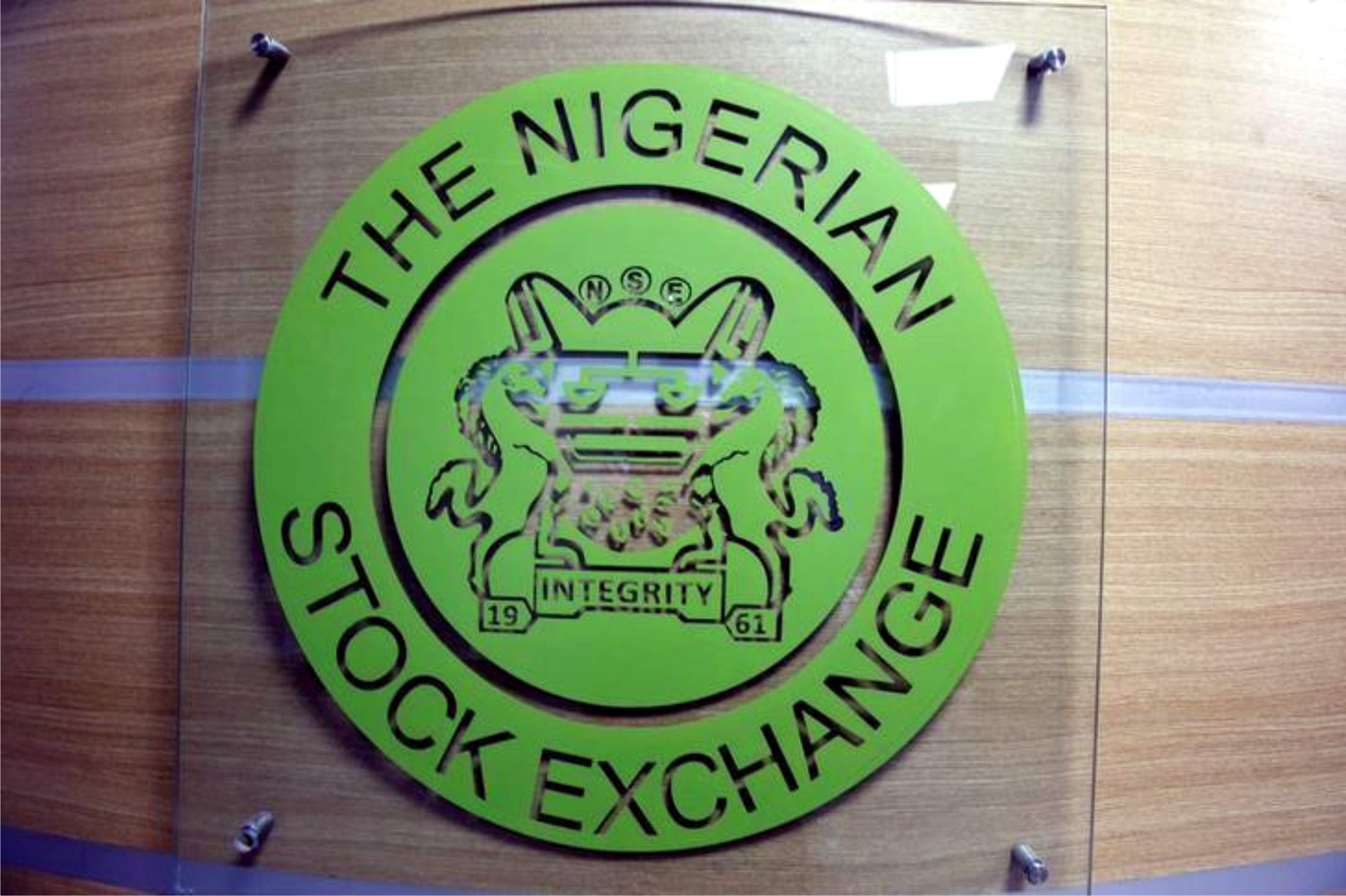Business
Investors Gain N73.07bn As Equities Market Adds 0.58%

Despite weak sentiments, the Nigerian equities market closed positive last week as All Share Index (ASI) gain 0.58 per cent. Thus local bourse recorded its largest weekly gain in seven weeks.
Investors profited N73.07bn during the week, as market capitalisation closed the week at N12.74 trillion from the previous weekend’s N12.67 trillion, also representing 0.58 per cent value gain.
Consequently, the ASI of the Nigerian Stock Exchange (NSE) gained 140.07 basis points, after opening the week at 24,287.66bps to close at 24,427.73ps.
NSE indicated that the ASI opened the week bearish, with 0.07 per cent loss, and was sustained on Tuesday with increased loss of 0.39, while the market closed flat at midweek, owing to buying interests in healthcare stocks. However, on Thursday demand for Dangote Cement and MTN pushed the index 1.4 per cent, before slowing down on Friday at 0.34 per cent.
Performance index across the sectors was down, except for the NSE Industrial Goods which closed marginally 0.60 per cent higher, while the NSE Oil/Gas index led decliners after losing 4.67 per cent, followed by the NSE Insurance, Banking and Consumer goods that closed 0.80, 0.62 and 0.38 percentile, respectively.
Transactions during the week in terms of volume and value were up by 32.35 per cent and 93.95 per cent respectively as investors exchanged 1.35 billion shares worth N14.54 billion from the previous week’s 1.02 billion units valued at N7.44 billion. The week’s volume was boosted by trades in financial services, conglomerates and consumer goods stocks, especially FBN Holdings, UAC Nigeria, United Bank for Africa, Sterling Bank and Flour mills.
The best performing stocks for the week were Fidson Healthcare and Unity Bank which gained 18.11 per cent and 15.56 per cent respectively, closing at N3.13 and N0.52 per unit on market sentiment and forces. On the flip side, Prestige Assurance and International Brewery lost 14.81 per cent and 10.53 per cent respectively, closing at N0.46 and N3.40per share on profit-taking and selloffs respectively.
For the week ahead, Ambrose Omordion, Chief Research Officer of Investdata Consulting Ltd expect volatility to continue as more half-year earnings reporting season hit the market, ahead of reports from interim dividend-paying stocks in August, amidst reaction to good and bad earnings, month-end window dressing by market players and fund managers.
Business
Customs Seek Support To Curb Smuggling In Ogun

Business
IFAD: Nigeria Leads Global Push For Youth, Women Investment In Agriculture
Business
Expert Tasks FG On Food Imports To Protect Farmers

-

 Politics3 days ago
Politics3 days agoAPC Releases Adjusted Timetable For Nationwide Congresses, Convention
-
Sports3 days ago
DG NIS Wants NSC Board Constituted, Seeks Increased In Funding
-

 Business3 days ago
Business3 days agoCustoms Seek Support To Curb Smuggling In Ogun
-

 Sports3 days ago
Sports3 days agoSWAN Rivers Set-up Five Functional Committees
-
News3 days ago
Police Bust Kidnapping Syndicate In PH
-
Sports3 days ago
NSC Disburses N200m Training Grants To 26 Athletes
-

 Featured3 days ago
Featured3 days agoINEC Proposes N873.78bn For 2027 Elections, N171bn For 2026 Operations
-
Sports3 days ago
‘NTF Will Build On Davis Cup Success For Brighter Future’

